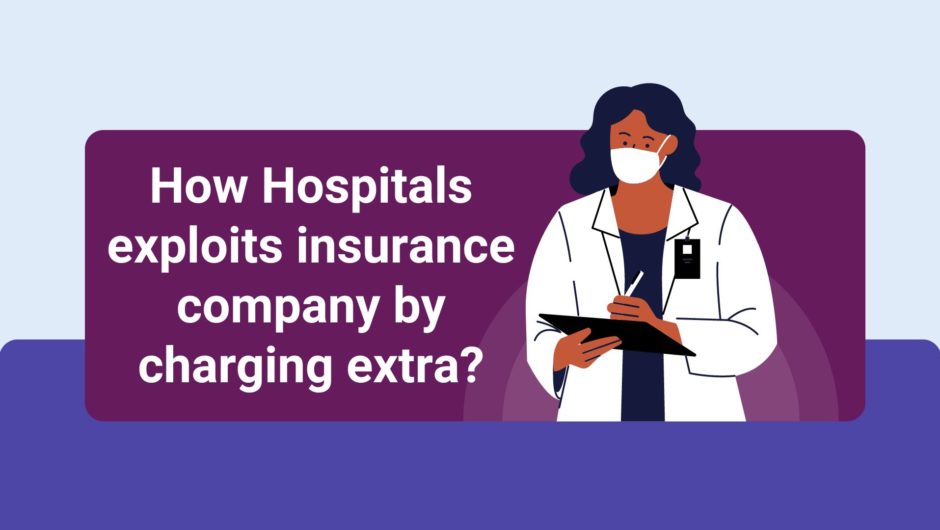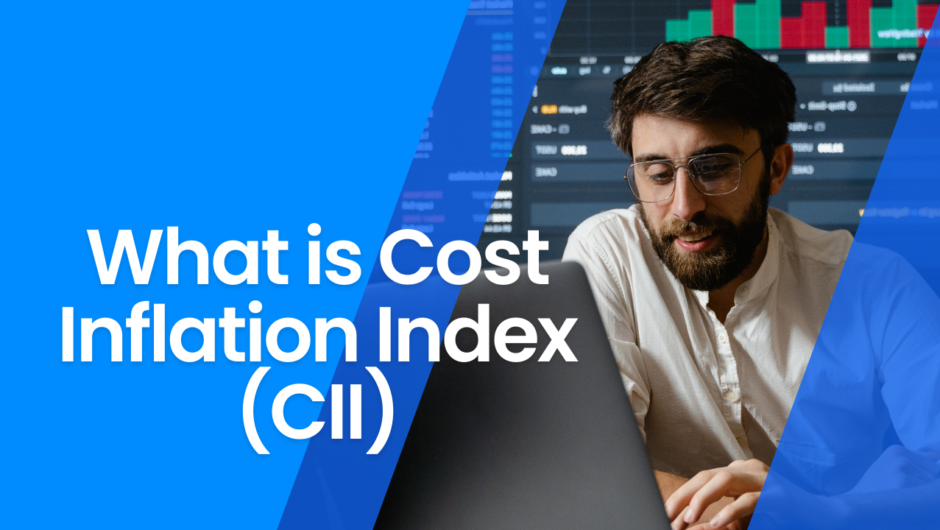The Role of Forensic Accounting in Risk Mitigation
Forensic accounting plays a pivotal role in risk mitigation by providing in-depth analysis and investigation capabilities to identify, prevent, and address financial irregularities and fraud. Unlike traditional risk management approaches, which often rely on statistical models and historical data, forensic accounting offers a proactive and investigative perspective. By examining financial records, transactions, and behaviors with a critical eye, forensic accountants can uncover hidden risks, potential vulnerabilities, and instances of misconduct that may elude conventional risk assessment methods.
This proactive stance enables organizations to address issues at their root, preventing them from escalating into larger financial crises or reputational damages. Moreover, forensic accountants contribute to the development and implementation of robust internal controls, compliance frameworks, and fraud detection systems, bolstering the organization’s resilience against financial malfeasance. In essence, forensic accounting serves as a frontline defense, fortifying entities against the ever-evolving landscape of financial risks.
Techniques and Tools Utilized in Forensic Accounting
Forensic accountants employ a diverse array of techniques and tools to uncover financial irregularities and fraud. These include data analysis software, such as forensic data analytics (FDA), which enables the examination of large volumes of financial data for anomalies and patterns indicative of fraud. They also utilize forensic accounting methodologies, such as tracing, where transactions are meticulously tracked to identify their origins and destinations, and forensic interviewing, which involves conducting structured interviews to gather evidence and information from relevant parties.
Additionally, forensic accountants may utilize advanced investigative techniques, such as asset tracing and digital forensics, to uncover hidden assets or electronic evidence of fraudulent activities. These tools, coupled with specialized accounting knowledge and legal acumen, empower forensic accountants to conduct thorough investigations and present findings that withstand scrutiny in legal proceedings and regulatory inquiries.
Uncovering Financial Irregularities and Fraud
Forensic accountants employ a multifaceted approach to uncover financial irregularities and fraud. They meticulously scrutinize financial statements, transactions, and records to identify discrepancies or anomalies that may indicate fraudulent activities. By conducting detailed analyses of financial data, they can detect patterns, trends, or inconsistencies that deviate from expected norms.
Furthermore, forensic accountants utilize specialized techniques such as transaction testing, where individual transactions are examined for signs of manipulation or misrepresentation. They also employ forensic audit procedures to trace the flow of funds and identify any unauthorized or suspicious transactions.
Traditional Risk Analysis Methods
Traditional risk analysis methods typically rely on statistical models, historical data, and qualitative assessments to evaluate and manage risks. These methods include quantitative techniques such as value-at-risk (VaR) analysis, which estimates the potential losses a portfolio may incur within a specified time frame based on historical market data and statistical probabilities.
Qualitative methods, such as risk matrices and scenario analysis, involve subjective judgments to assess the likelihood and impact of various risk events. Risk matrices categorize risks based on their severity and likelihood, while scenario analysis examines the potential outcomes of different risk scenarios.
Traditional risk analysis methods often incorporate industry benchmarks, regulatory requirements, and expert opinions to inform risk assessments and decision-making processes.
Case Studies: Real-World Applications of Forensic Accounting
- Enron Corporation: Forensic accountants played a crucial role in uncovering the accounting fraud at Enron Corporation, one of the most notorious corporate scandals in history. By meticulously analyzing financial records, forensic accountants exposed fraudulent accounting practices, including off-balance-sheet transactions and manipulation of financial statements, leading to the collapse of the company and criminal prosecutions.
- Bernie Madoff Ponzi Scheme: Forensic accounting techniques were instrumental in revealing the Ponzi scheme orchestrated by Bernie Madoff, which defrauded investors of billions of dollars. Forensic accountants traced the flow of funds, analyzed investment returns, and identified inconsistencies in financial statements, ultimately leading to Madoff’s arrest and conviction.
- WorldCom Fraud: Forensic accountants played a vital role in uncovering the accounting fraud at WorldCom, where billions of dollars in expenses were improperly capitalized to inflate profits. Through detailed forensic analysis, accountants identified irregularities in the company’s financial statements, leading to the exposure of one of the largest corporate accounting scandals in history.
Building Resilience Against Financial Malfeasance
Organizations can strengthen their defenses against financial malfeasance by implementing robust internal controls and governance structures. This involves establishing clear policies and procedures for financial transactions, segregating duties to prevent conflicts of interest, and conducting regular audits to detect and deter fraudulent activities.
Furthermore, fostering a culture of ethics and accountability within the organization is essential. Providing ethics training and whistleblower mechanisms empowers employees to report suspicious behavior without fear of retaliation, facilitating early detection and intervention.
Collaborative Approaches: Integrating Forensic Accounting into Risk Management Strategies
Integrating forensic accounting into risk management strategies involves a collaborative effort across various organizational functions. Forensic accountants work closely with risk management teams, internal auditors, legal counsel, and senior management to identify, assess, and mitigate financial risks effectively.
Forensic accountants provide valuable insights into potential vulnerabilities and fraud schemes, guiding the development of risk mitigation plans and controls. They conduct forensic audits, analyze financial data, and investigate suspicious activities to proactively identify and address risks before they escalate.
Conclusion: The Imperative of Forensic Accounting in Safeguarding Financial Integrity
In conclusion, the role of forensic accounting in safeguarding financial integrity is undeniable. Its proactive and investigative approach enables the early detection and prevention of financial irregularities and fraud, crucial for protecting organizations from significant losses and reputational damage. By integrating forensic accounting into risk management strategies, organizations can bolster their resilience against evolving threats and strengthen their internal controls. In an era marked by increasing financial complexities and risks, leveraging forensic accounting expertise is not just beneficial but imperative for maintaining trust, transparency, and integrity in financial practices, ensuring the sustainability and success of businesses and economies alike.
Also Read:














